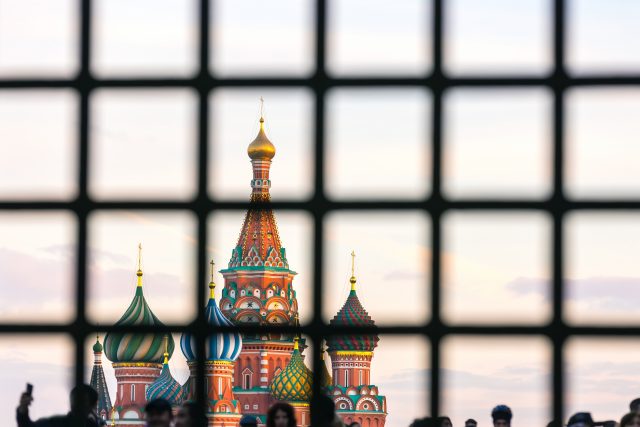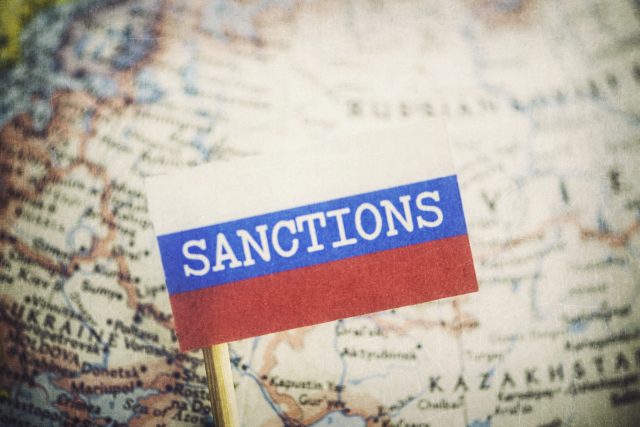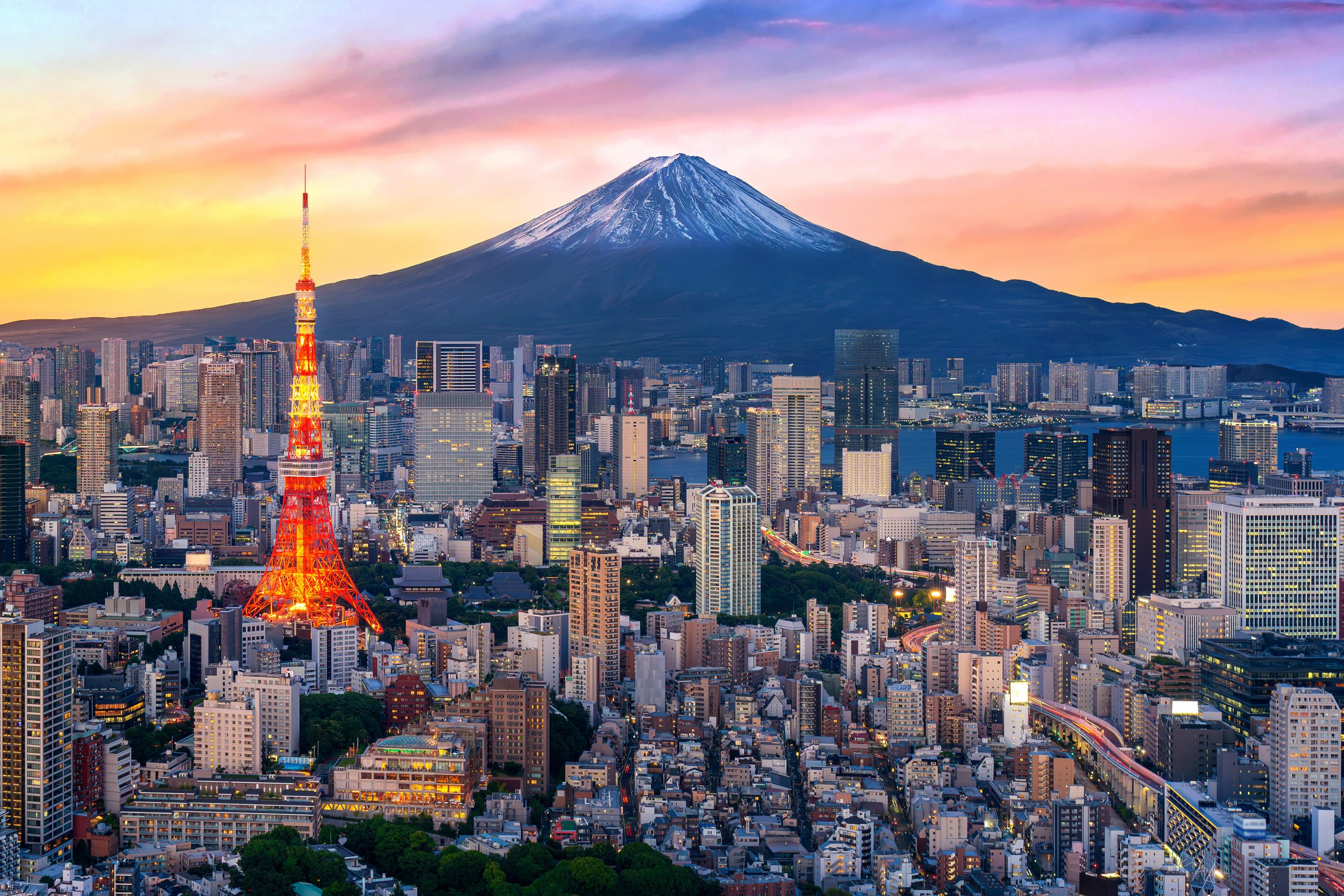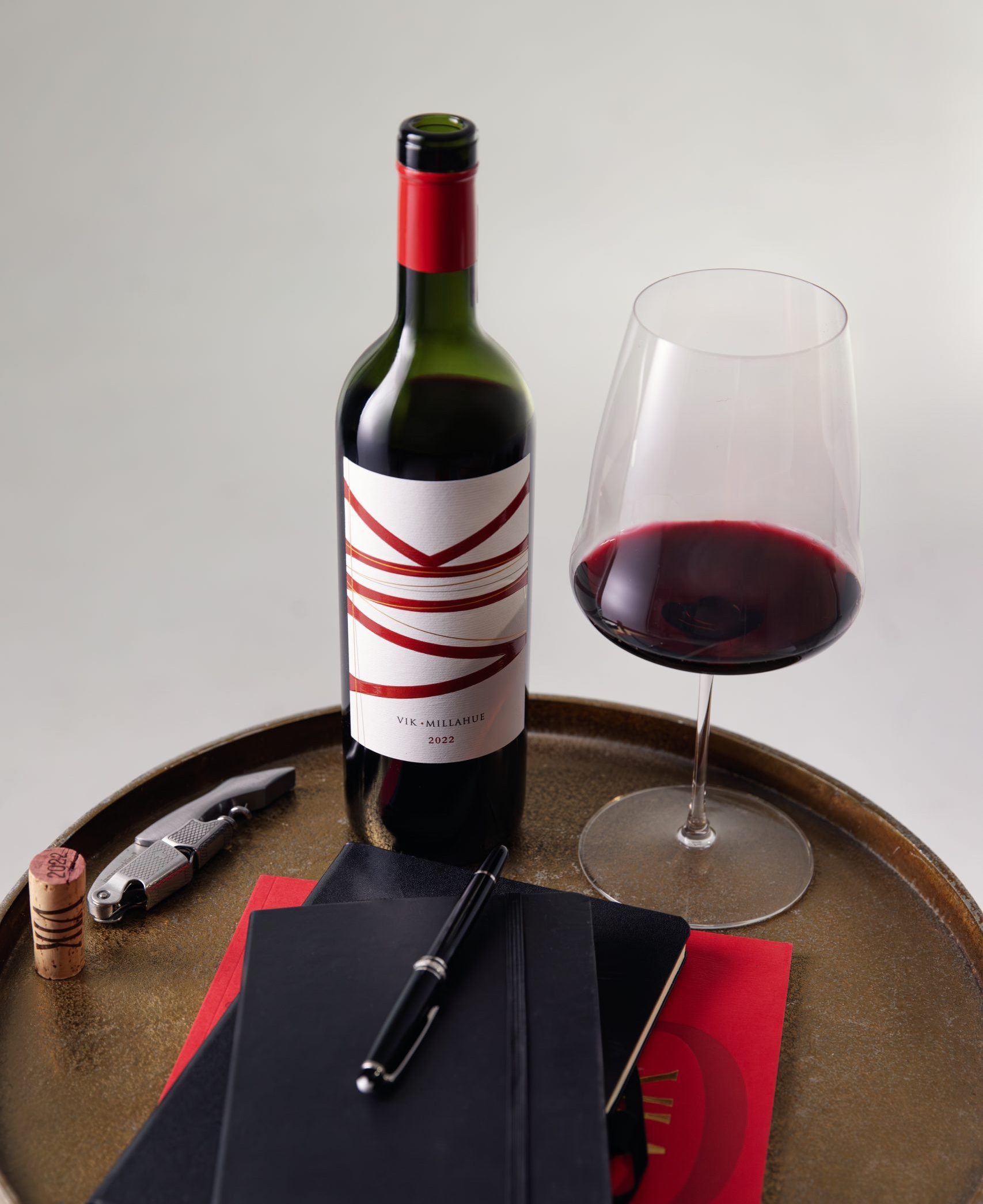Pernod Ricard ‘not the only one’ continuing to supply Russia
Pernod Ricard has run into a storm of criticism over its trade with Russia, though sources suggest that competitors are doing the same thing.

The world’s second largest premium beverage alcohol group has been threatened with boycotts of its spirits brands if it does not halt all shipments to Russia.
The outcry has been led by politicians in Sweden, Finland, Ireland and the UK following the news that the French group had made a shipment of its top-selling Absolut Vodka to Russia.
However, Pernod Ricard is adamant that it has broken no rules or embargoes, that it has complied fully with all international sanctions and that its actions were solely to protect its employees in Russia.
Sources within other international drinks groups acknowledge off the record that they, too, face the same delicate decisions and hint that Pernod Ricard has strived harder than some to comply with international sanctions.
On its website Pernod Ricard says: “We have stood and stand firmly with the people of Ukraine, contributing to the UNHCR and provided assistance to our 60 local team members, including direct financial assistance, psychological support, accommodation for some employees and their families in neighbouring countries, and employment outside Ukraine for those who required it.
“In fully complying with all international sanctions we significantly reduced the number and quantity of brands imported [to Russia] to a level that enabled us to protect our local teams, their livelihoods, and the welfare of their families.”
If Pernod Ricard had failed to make available any volumes of its products to its Russian subsidiary, its 300 staff in the country could face criminal prosecution for allowing the local company to slide into “intentional bankruptcy”.
As a result, the French group had shipped much reduced volumes to Russia, which accounted for about 3% of its total business before the international sanctions were imposed.
The vehement criticisms were prompted when the news broke that it had replenished some stocks held by its Russian subsidiary just over a year ago when President Putin invaded Ukraine, a military action that Pernod Ricard has “utterly condemned”.
On learning that a limited stock of its top-selling Absolut Vodka was going to Russia, there were vehement outcries in both Sweden and Finland, which themselves have long and vulnerable borders with Russia, and who feel sufficiently threatened by Moscow to have abandoned their traditional neutrality and join NATO.
Sweden is the home of Absolut, and retailers and restaurateurs in both Sweden and Finland threatened to boycott Pernod Ricard’s entire portfolio in protest. Politicians issued supporting calls.
The French group reacted to public sensitivities by halting shipments of Absolut to Russia.
Absolut’s chief executive Stéphanie Durroux said that it was exercising its “duty of care towards our employees and partners. We cannot expose them to massive criticism in all forms.”
But that did not stop the attacks or quell demands for product boycotts.
Such demands were made in the Irish Republic, where the world’s dominant Irish whiskey brand, Jameson’s, is distilled, while in Britain MPs were quick to jump on the bandwagon.
Referring to Beefeater gin, which is distilled in London and bears an iconic Yeoman Warder logo on its bottles, Alicia Kearns MP, the chairman of the Foreign Affairs Select Committee, said: “Pernod Ricard profiting from an aggressor state responsible for war crimes is shameful”.
Dame Margaret Hodge MP said: ‘Beefeater’s decision [to supply Russia] is appallingly wrong.”
In turn, the Ukrainian ambassador to Ireland called for shipments of Jameson’s to Russia to end.
Closer analysis of the attacks on Pernod Ricard, however, show them to be ill-informed.
The company says it has complied fully with all regulations issued in Brussels and Paris following the Ukraine invasion and it is widely evident that competitors are also continuing to supply Russian subsidiaries, as allowed by the sanctions rules.
Partner Content
Following the invasion, Brussels banned supplying Russia with drinks for which the price exceeds €300 per unit of pure alcohol, in effect around €90 per 75cl bottle.
Britain imposed a £250 barrier, which allowed producers, notably of Scotch whisky, to follow the same practices.
The objective was to penalise the elite Russians supporting Putin who demand ultra-luxury bottles
Those provisions mean that all EU and British spirits producers were and remain permitted by their governments to ship to their Russian subsidiaries and agents except for items at the very top of their portfolio ranges.
But the Russian online site winestyle.ru confirms that a full spectrum of the most popular international spirits brands is widely available in Russia, not only online but also in shops throughout the country.

The grey market
Other countries, however, adopted a full black-out approach on dealing with Russia.
When the war in Ukraine broke out, the US put a total embargo on shipments to Russia, a policy also adopted by Canada and Australia.
But Russian customers can still source spirits produced in those countries through ‘the grey market’ in which importers in Moscow buy the ultra-premium styles from third party countries who have not banned trade entirely with Russia.
They also use their grey market sources to make up stocks of the more mainstream products international distillers are making available in fewer volumes than before March 2022.
Indeed, as soon as the international action against his regime was announced, President Putin issued a decree saying that not only would Russian officials cease helping brand owners to prevent parallel importing but that he positively encouraged the practice.
Sources suggest that countries who have maintained trading links with Russia since the invasion of Ukraine such as Moldova and India could be prime sources of parallel imports. One suggests that increased quantities of Scotch whisky are entering the country via Latvia, an EU member itself nervous about its border with Russia.
What is more, the grey market trade could be about to expand, despite brand owners’ efforts to combat it.
Moscow has reacted angrily to reports that the Group of Seven nations are considering hardening their sanctions by introducing a near-total ban on exports to Russia. This could include less expensive styles of international spirits.
Getting his retaliation in first, Putin has already signed a decree establishing temporary control of assets of two foreign energy firms, the Finnish group Fortum and its former German subsidiary Uniper, sowing confusion over the potential fate of other Western companies, including drinks groups who operate in Russia.
Pernod Ricard, meanwhile, is striving to protect its reputation by explaining its dilemma.
There is little evidence of boycotts, despite the calls for them, and after issuing a strong company earnings forecast last week for the final three months of its financial year, which ends in June, Pernod Ricard predicts organic growth of about 10% in profit from recurring operations, with some expansion in organic operating margin.
The furore about sending new supplies to Russia has had no noticeable effect on its shares, which are up by 17% so far this year.
Related news
Pernod Ricard's half-year sales fall 5.9%




